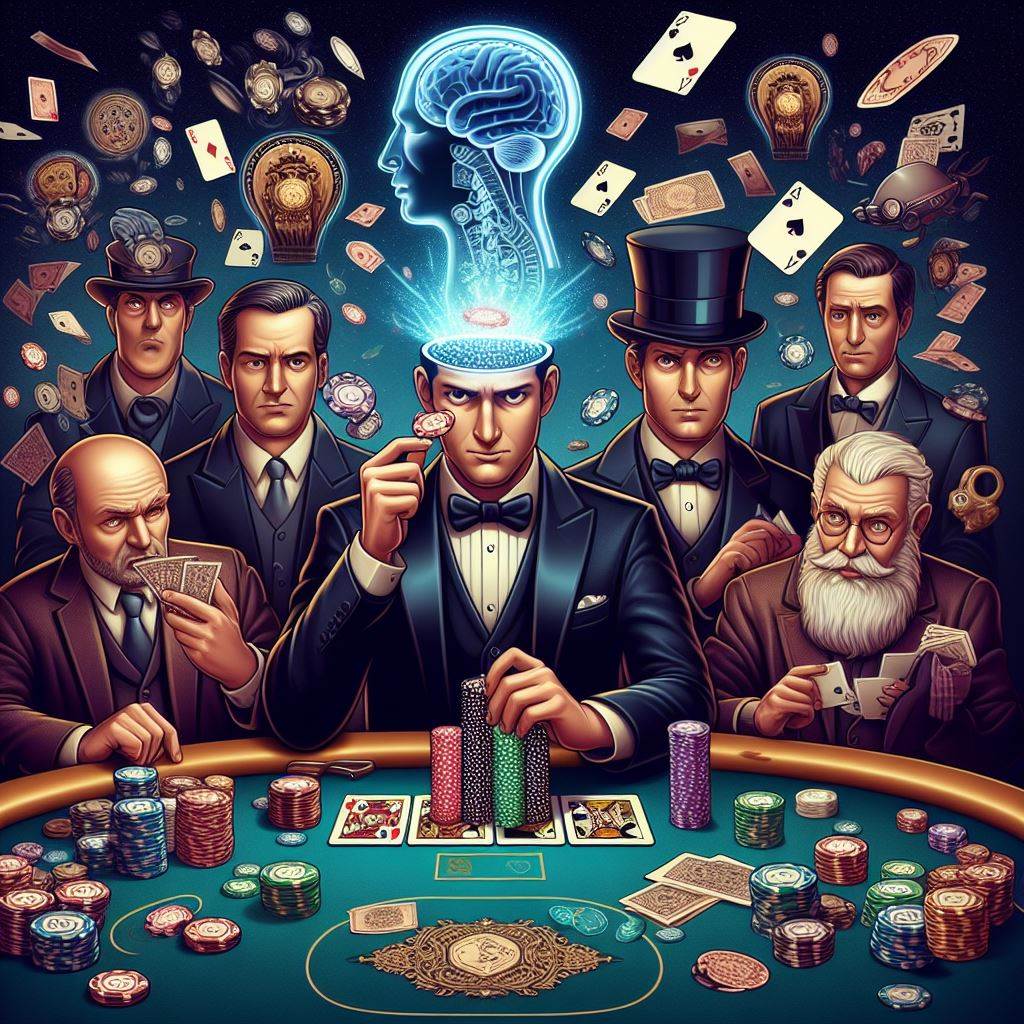Poker transcends the simplicity of card gaming to become a deep exploration of human psychology and interpersonal dynamics. This complex interplay of mental strategies makes casino poker particularly fascinating and, The Psychology of Poker for those who master it, potentially lucrative. This article delves into how psychological acumen can significantly influence one’s success at the poker table, illustrating why poker is often described as a game played between the ears as much as it is played on the felt.
Understanding the Psychological Game
At its core, poker psychology involves more than just the ability to guess opponents’ hands. It demands an understanding of broader human behaviors—how individuals react under stress, The Psychology of Poker deceive, or exude confidence. Expert poker players focus intensely on these aspects, striving to decode their opponents’ behaviors and use this information to make calculated decisions.
Reading Body Language
The ability to read body language is crucial in poker. Players communicate volumes through non-verbal cues, such as facial expressions, The Psychology of Poker the handling of chips, body posture, and even the timing of their actions. Savvy players interpret these signals to assess their opponents’ confidence levels and possible strategies. The art of reading body language allows players to anticipate moves, making calculated decisions that are crucial for winning.
Controlling Emotional Responses
Equally important is the ability to control one’s own emotions. Mastering a poker face—maintaining a neutral expression that reveals nothing about one’s hand—is an essential skill. However, beyond just masking expressions, controlling emotional responses involves managing all physical gestures and emotional reactions to ensure they do not betray any strategic information to opponents.
The Role of Tells
Tells are involuntary reactions that can sometimes give insights into a player’s thoughts or the quality of their hand. These might include subtle twitches, specific glances, or distinct betting patterns. Skilled players not only learn to control their tells to avoid leaking information but might also employ deceptive tells to mislead opponents about their actual intentions or the strength of their hand.
Manipulating Psychological Dynamics
Effective poker players leverage psychological insights to manipulate opponents’ actions. Techniques such as bluffing or semi-bluffing serve to project an illusion of strength or weakness, influencing how adversaries play their hands. Psychological manipulation can also extend to playing mind games, designed to unsettle other players or disrupt their strategic planning.
Developing Psychological Acumen in Poker
Excelling in the psychological aspects of poker requires deliberate practice and study. Players benefit from immersing themselves in the study of human psychology, including reading relevant literature on body language and emotional intelligence. Practicing at live poker tables provides invaluable experience, offering numerous opportunities to observe, interact, and experiment with different psychological tactics. Reflective thinking post-game also plays a crucial role, allowing players to analyze how well their psychological strategies worked and how they might improve them in future games.
Conclusion: The Mental Mastery of Poker
The intricate psychological layer of poker adds profound depth to the game, transforming it into a cerebral battle of wits and willpower. By honing their psychological skills, players not only improve their gameplay but also elevate their overall experience at the casino. Poker, therefore, is not merely about who has the better cards but about who can outsmart their opponents through superior psychological insight. This mental aspect is what makes poker a perpetually intriguing and challenging game.
